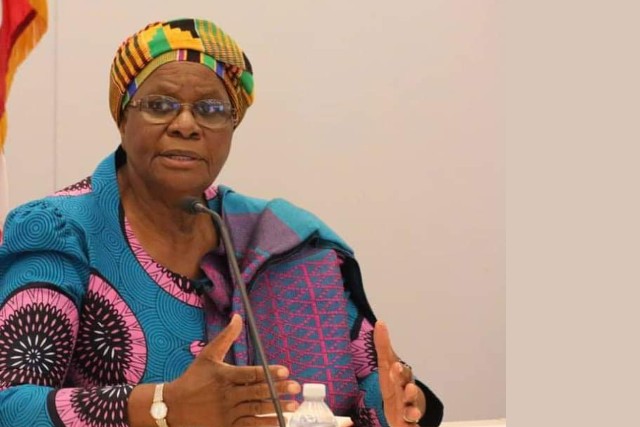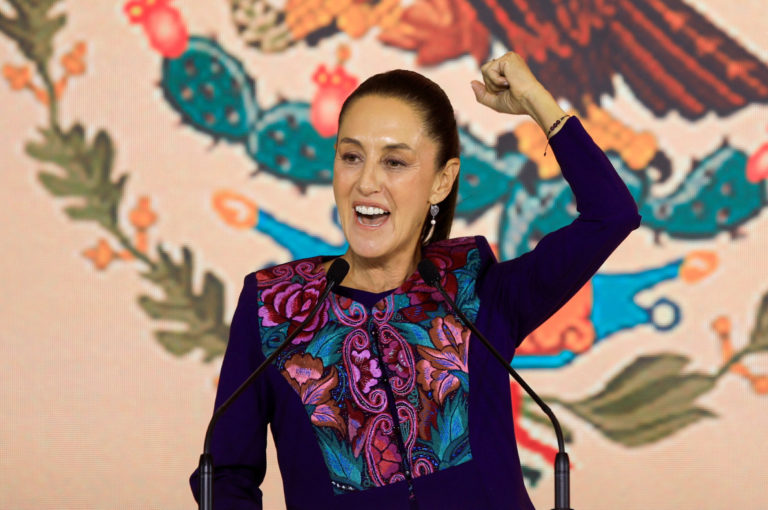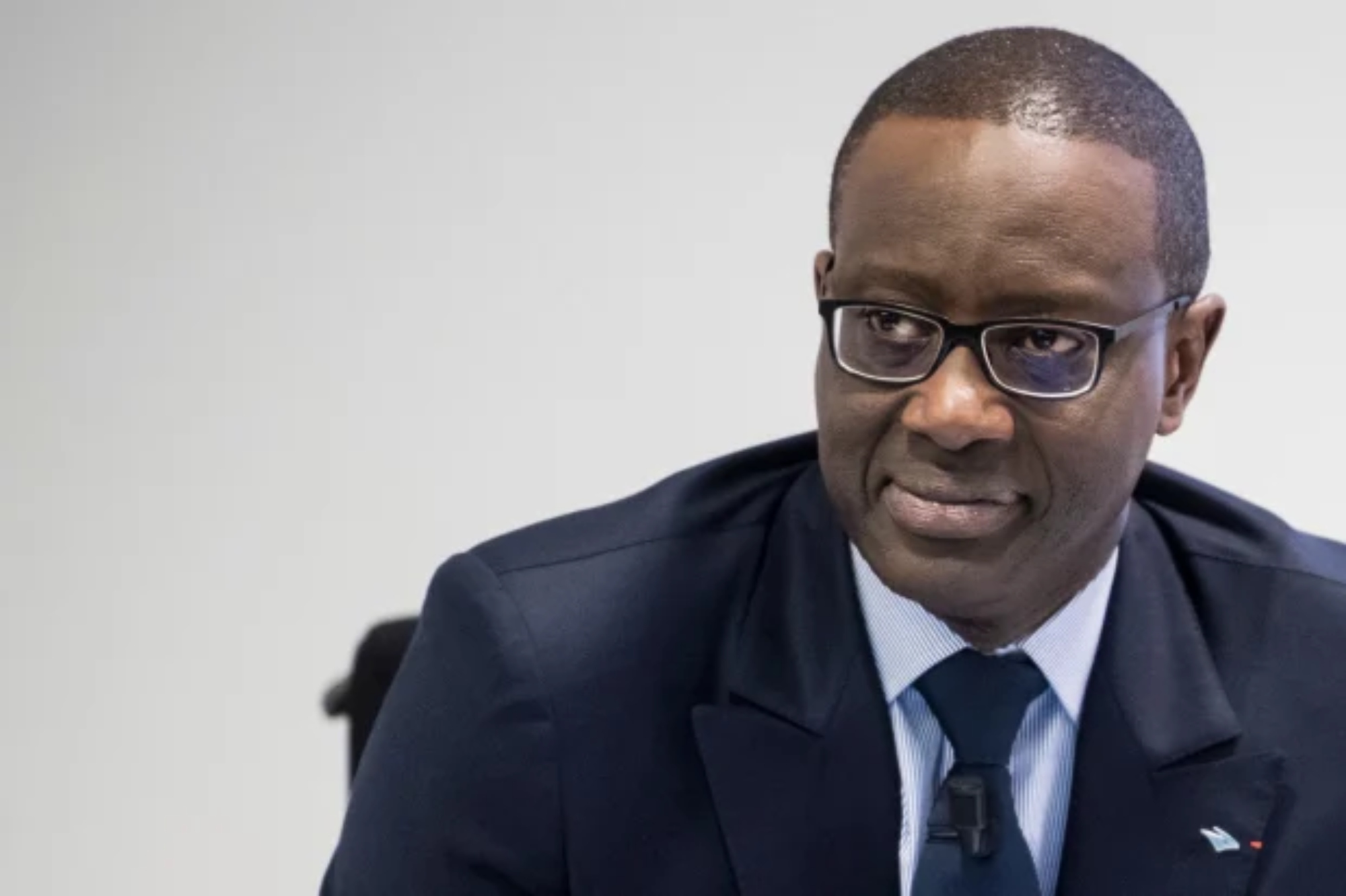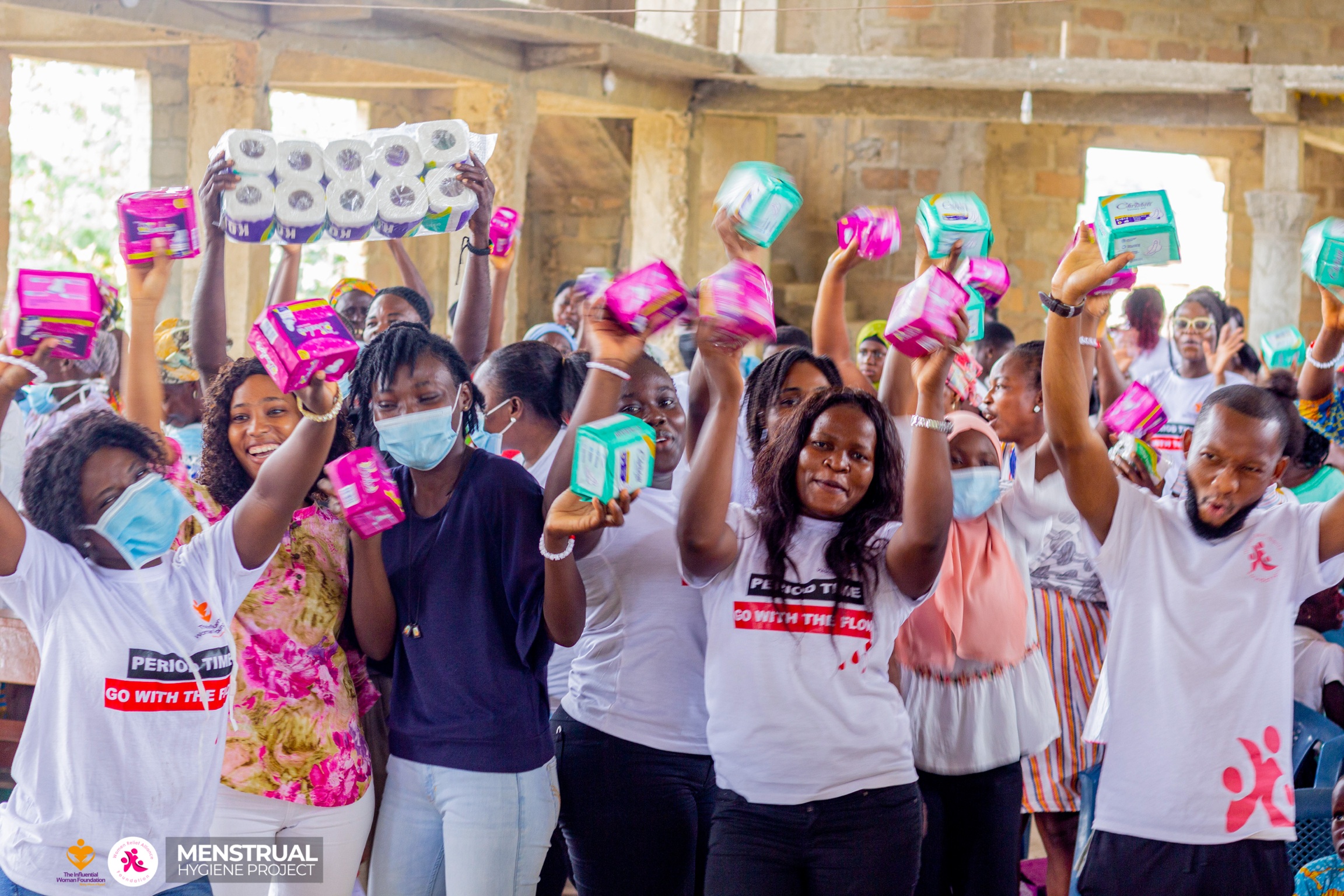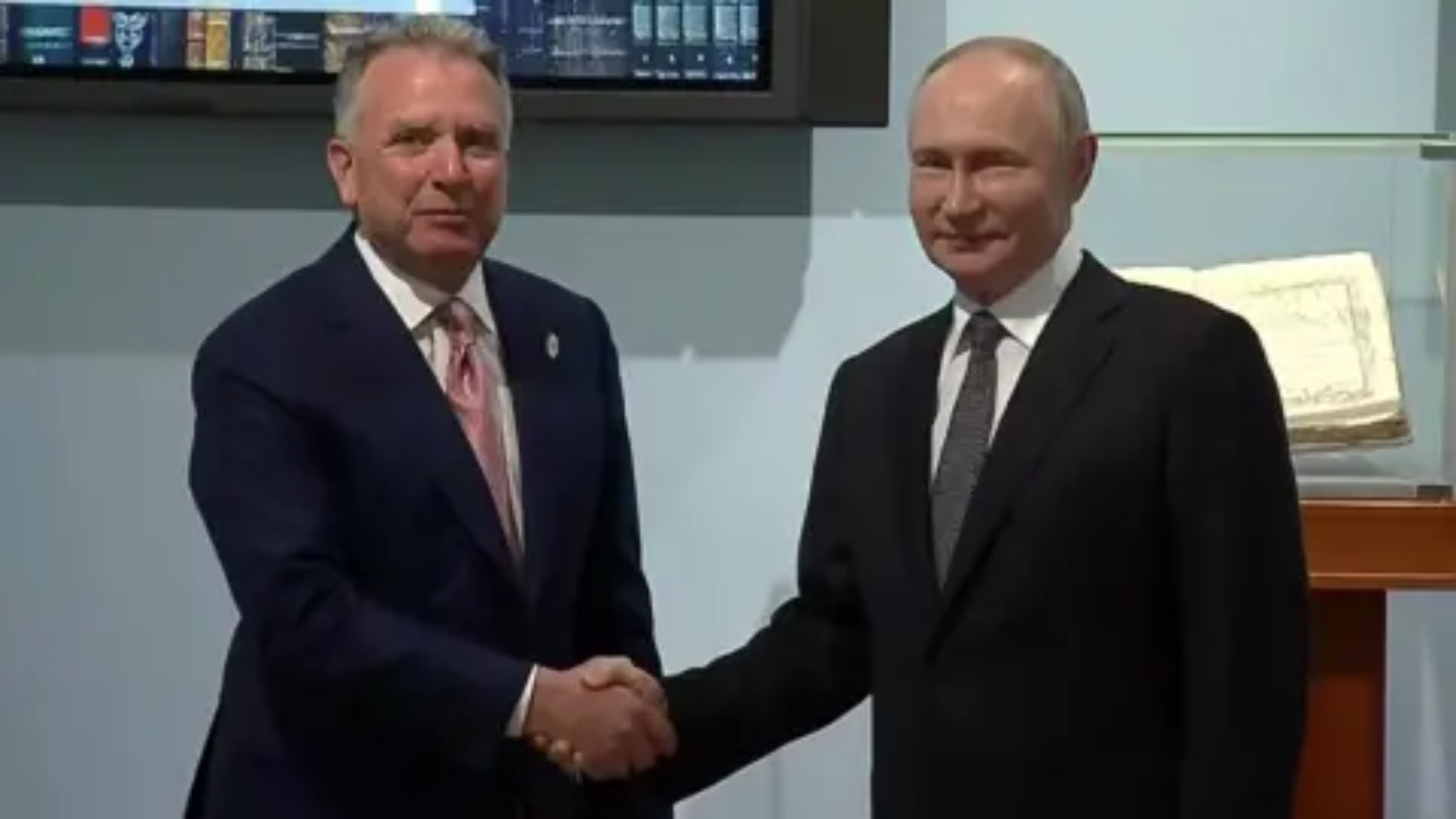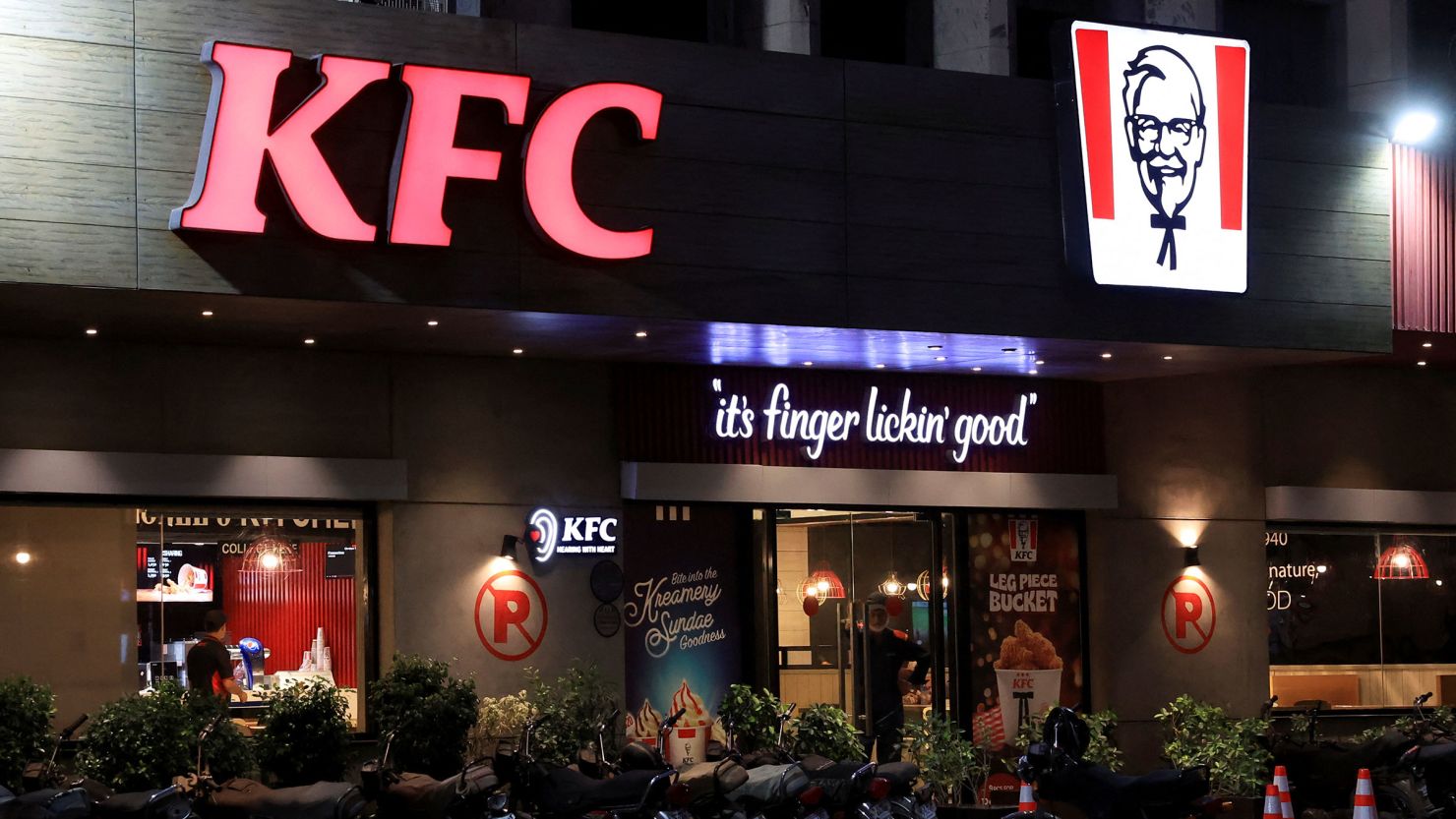Namibia's newly sworn-in president faces the challenge of leading a country grappling with high unemployment, inequality, and poverty. In addition to these pressing issues, she carries the responsibility of being Africa’s second-ever directly elected female president and Namibia's first female head of state.
“I think if things go well, it will be seen as a good example,” Netumbo Nandi-Ndaitwah told BBC’s Africa Daily podcast. “But if anything goes wrong, as it can in any administration, some might say, ‘Look at women!’”
At 72, Nandi-Ndaitwah secured victory in November’s election with 58% of the vote. A longtime supporter of the South West Africa People’s Organisation (Swapo), which has ruled Namibia since it gained independence in 1990, she has been a part of the movement since she was 14, during its fight against apartheid South Africa.
While Swapo has made strides in improving the lives of the black majority, the remnants of apartheid still persist, especially in land and wealth distribution. “Land is a serious issue in this country,” Nandi-Ndaitwah remarked ahead of her inauguration. “We still have some white citizens, particularly absentee landowners, occupying much of the land.”
She expressed her commitment to the “willing-buyer, willing-seller” principle, meaning no one would be forced to sell their property. Namibia, which has a relatively small population of 3 million in a large geographic area, still faces significant disparities in land ownership, with white farmers owning around 70% of the country’s farmland. According to the 2023 census, only 1.8% of Namibia’s population, or 53,773 people, identified as white.
The country remains one of the most unequal in the world, with a Gini coefficient of 59.1 (as of 2015), and the World Bank predicts that poverty will stay high, projected at 17.2% in 2024. Unemployment also rose to 36.9% in 2023, up from 33.4% in 2018.
Nandi-Ndaitwah aims to diversify the economy, which is heavily dependent on mineral exports, by focusing on adding value to local resources instead of merely exporting raw materials. She also plans to promote creative industries and adapt the education system to meet the evolving needs of the economy.
As Africa’s second-ever directly elected female president—after Liberia's Ellen Johnson Sirleaf—Nandi-Ndaitwah is focused on proving her leadership capabilities. “It’s a good thing that we as countries are realizing that just as men can, women can also hold positions of authority,” she said, emphasizing her desire to be judged on her merits.
